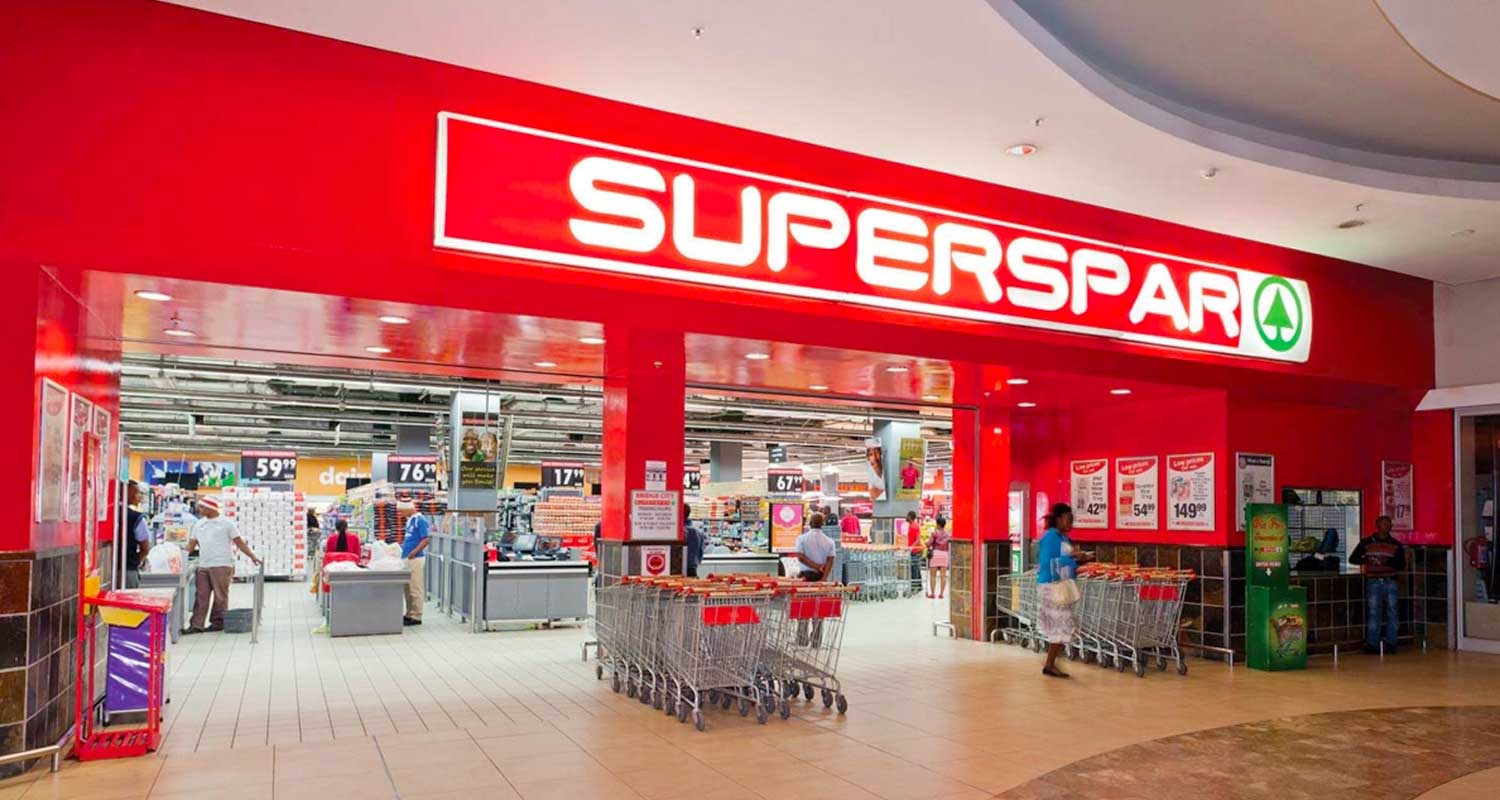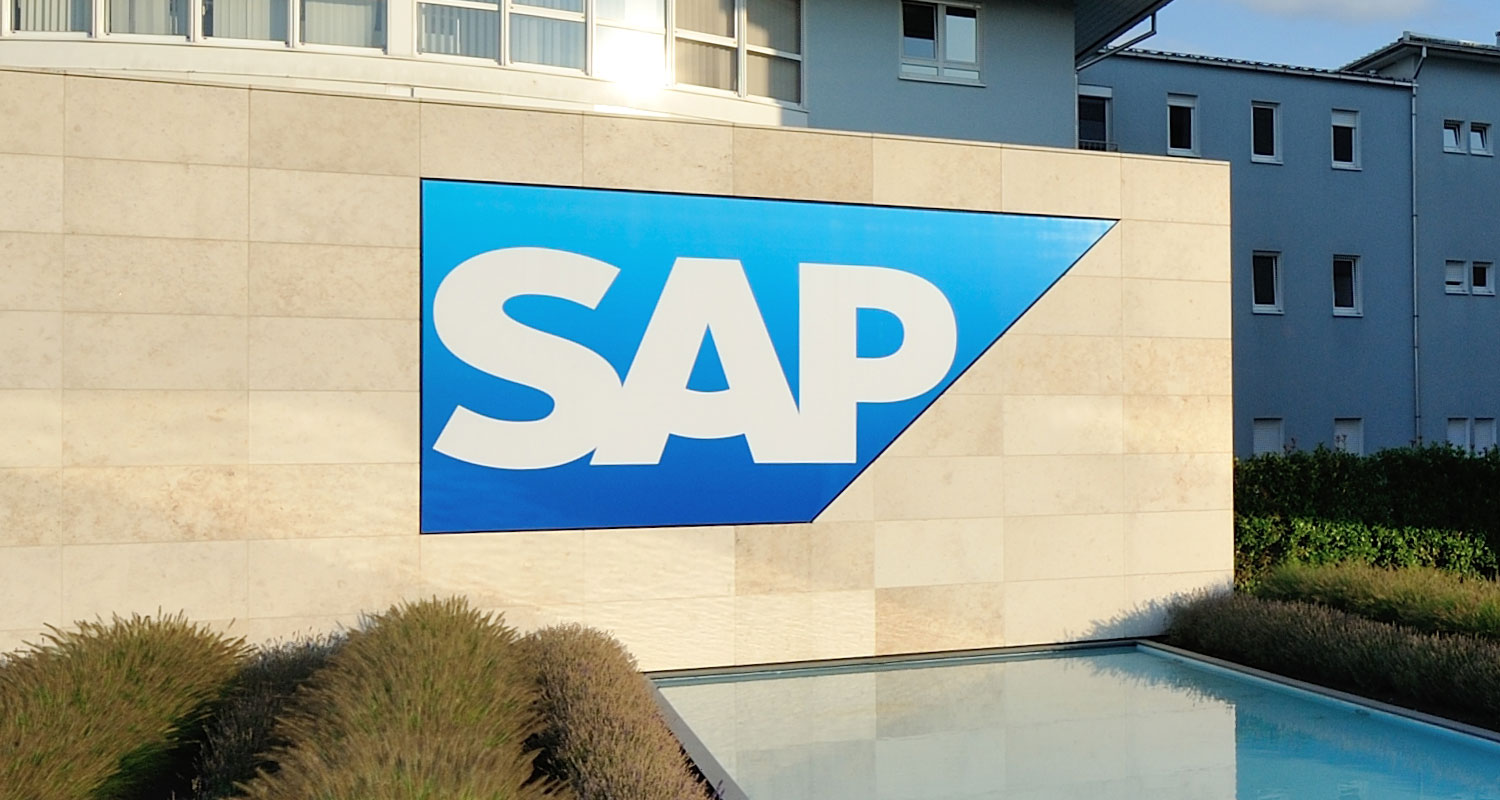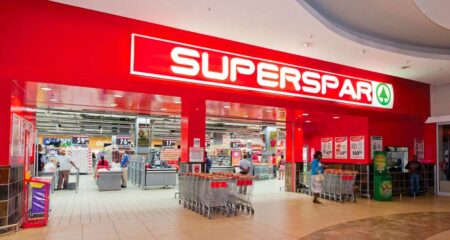 Problems with Spar Group’s SAP implementation in its key KwaZulu-Natal region had cascading effects on operations, but the retailer is now confident of a turnaround, according to its latest annual report, published on Thursday.
Problems with Spar Group’s SAP implementation in its key KwaZulu-Natal region had cascading effects on operations, but the retailer is now confident of a turnaround, according to its latest annual report, published on Thursday.
The botched SAP project, which went live in October 2022 at Spar’s KZN distribution centre, severely crimped full-year profits for the period to end-September 2023 for the Durban-based retailer. SAP-related losses totalled R1.8-billion in the period.
“Profit after tax for the 2023 financial year was R0.4-billion, a substantial decrease of 80% on the previous year,” Spar said in the annual report. “This result was severely impacted by the unsuccessful SAP implementation at the KZN distribution centre.”
Its KZN logistics hub was ultimately incapacitated, forcing the retailer to use distribution centres further afield to plug the gap. According to group CEO Angelo Swartz, the Eastern Cape, North Rand and South Rand distribution centres were used to keep KZN stores supplied.
The less efficient logistics led to a 12.8% increase in fuel and distribution costs that compounded the impact that issues affecting the entire retail sector had on Spar in particular: ongoing food price inflation along with higher interest rates, fuel and energy costs.
Operating expenses increased by 22.1% to R19.4-billion (2022: R15.9-billion). “All regions experienced considerable increases in fuel and energy costs,” said Spar Group chief financial officer Mark Godfrey.
Read: Spar confident worst of ERP disaster now behind it
Another impact from the botched SAP project related to the reputational damage that the logistical inefficiencies caused. To mitigate this damage, the group increased marketing spend by 19.5% across the board, using “deep-value” promotions to help its retailers, especially those most negatively impacted by the SAP implementation, to improve sales.
Shortfalls
Spar has now halted other SAP projects it had planned, leading to a write-off of R94.1-million of “SAP assets under construction”.
According to the annual report, this decision was taken so that mistakes from the KZN project would not be transferred to the rest of the group’s operations. Spar identified shortfalls in “solution readiness”, “master data construction” and change management relating to the project as key setbacks to its implementation.
“At go-live, a large number of articles had incorrect units of measure and cost price, and the inventory load into production did not work, extending the data migration timeline. User acceptance testing was siloed in that users did not get an end-to-end view of processes and the impact of their part of the process on others. Our solution readiness problems should have been picked up at both solution sign-off stage and user acceptance testing, but were not,” it said.
Read: Spar ‘ignored whistle-blower’ on botched SAP project
Spar jacked up its governance efforts to get the project back on track, which included an ongoing review of its design and implementation approach, the finalisation of its master data governance and management frameworks, and engaging the services of consulting firm EY to perform the IT audit function on the SAP project.
 According to CEO Swartz, the SAP solution is now stable and performing consistently. The KZN distribution centre resumed servicing all stores in the region in August, but a Southern African roll-out is still frozen until management is satisfied with pending system optimisations at the Durban facility.
According to CEO Swartz, the SAP solution is now stable and performing consistently. The KZN distribution centre resumed servicing all stores in the region in August, but a Southern African roll-out is still frozen until management is satisfied with pending system optimisations at the Durban facility.
“The learnings during this transition phase have been immense. We believe we have identified the key issues that resulted in the shortcomings of the KZN DC SAP roll-out and that we have the right team and resources in place to appropriately plan for future implementations in the Southern African region,” said Swartz.
“Further roll-outs will be reviewed and guided with advice from an independent service provider whose team includes SAP implementation expertise.” — © 2023 NewsCentral Media




